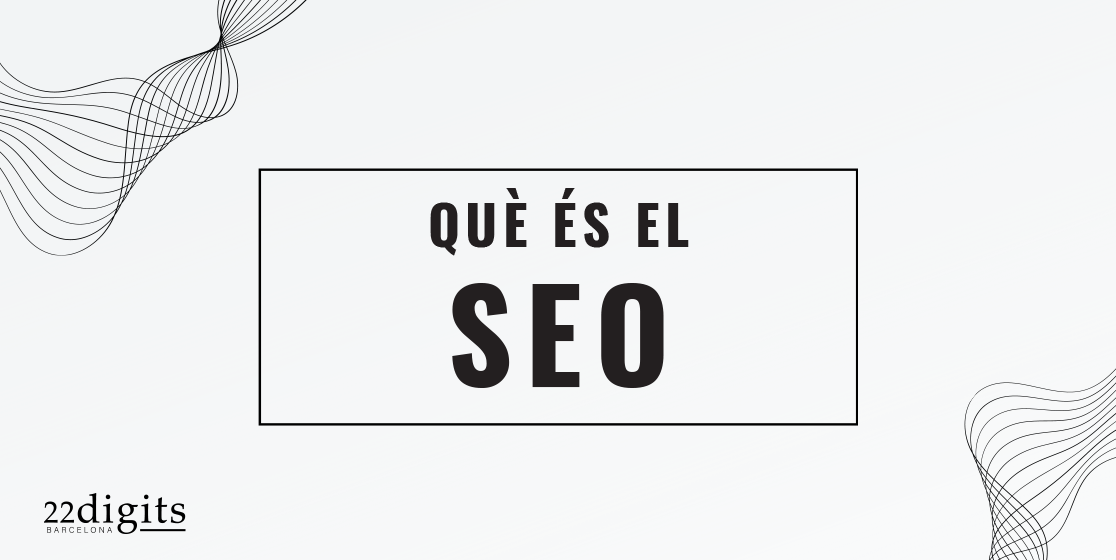HAVE YOU HEARD ABOUT EEAT? Some ideas and examples for your business
Expertise, Authority, Trustworthiness and Experience.

EEAT is an important concept within the world of digital marketing and SEO (search engine optimisation such as Google), which refers to four key pillars: Expertise, Authority, Trustworthiness and the new element, Experience.
Search engines such as Google use these criteria to assess the quality and relevance of web content, ensuring that the pages they display to users are trustworthy, credible and useful.
EEAT IN INTERNATIONAL EXPANSION
When we talk about international expansion, the concept of EEAT takes on a different and very specific dimension. In this context, it is essential to understand how each of these factors can impact your expansion strategy into new markets. Here is a detailed explanation of each component with practical examples:
E: EXPERTISE
Expertise refers to your company's ability to demonstrate in-depth knowledge of the industry or niche in which you operate. When a company decides to expand into a new international market, it is crucial to show that it has a clear understanding of the needs, preferences and behaviours of local consumers.
Example: Suppose a Catalan food company wants to expand into the Japanese market. To demonstrate its expertise, the company could conduct extensive research on local food preferences, adapt its products to Japanese tastes and collaborate with local culinary experts to develop new products. In addition, it could participate in gastronomic events in Japan to showcase its expertise and establish its presence as an expert in the sector.
A: AUTHORITY
Authority refers to the reputation and respect your company has earned within your industry. When it comes to expanding internationally, it is essential that your brand is seen as an authority in your target market. This requires not only being recognised, but also being respected by customers, competitors and other stakeholders in the new market.
Example: Imagine a European technology company wants to enter the North American market. To establish itself as an authority, it could participate in relevant technology conferences in the US, collaborate with prestigious universities or partner with local technology influencers. This would help build a strong reputation and help the brand to be recognised as a thought leader in its field. In addition, achieving positive mentions in specialised North American media would contribute significantly to reinforcing its authority in that market.
T: TRUSTWORTHINESS
Trustworthiness is your company's ability to generate trust among your customers and business partners. In the context of international expansion, it is essential that your company can demonstrate that it is a trustworthy partner, able to deliver on its promises and offer products or services of consistent quality.
Example: If a European fashion company decides to expand into Latin America, a highly competitive market, it is crucial that it demonstrates its reliability. To do so, it could provide references from satisfied customers in other regions where it already operates, offer a quality guarantee on its products and ensure that it complies with all local regulations. In addition, it could obtain internationally recognised quality certifications that reinforce its image as a reliable company committed to excellence.
E: EXPERIENCE
Experience is a concept that has recently been added to the EEAT, and refers to a company's ability to deliver positive and relevant experiences to its customers. In international expansion, it is important that the company can adapt its customer experiences to local cultures and business practices.
Example: A tourism services company that wants to enter the Asian market should take cultural differences into account when creating experiences for its customers. For example, it could offer customised services that are tailored to local preferences, such as guided tours in the local language or culinary experiences that reflect the country's culture. This not only demonstrates your ability to adapt, but also ensures that customers have a positive and relevant experience, which increases the likelihood of recommendation and repeat business.
Ultimately, focusing on these pillars will allow you to build a solid and lasting presence in any international market you wish to expand into, ensuring not only short-term success, but also long-term sustainability.
Other entries in the Blog about Digital marketing

FROM LOCAL TO GLOBAL: A MULTILINGUAL WEBSITE

INBOUND MARKETING: the natural way to attract customers in the digital age

HOW TO ADAPT YOUR SEO STRATEGY TO AI & LANGUAGE MODELS

WHAT IS SEO: 5 TRICKS FOR AN ARTICLE

ADVANTAGES OF NEWSLETTERS

STEPS TO INCREASE YOUR CUSTOMER DATABASE

Guide to organize an exhibition
